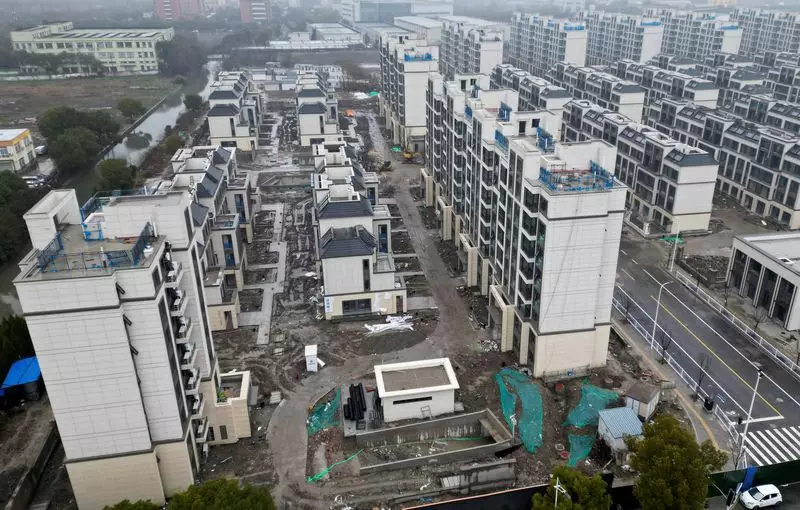China’s real estate sector is grappling with a severe debt crisis, with Country Garden, once the country’s largest developer by sales, facing a significant financial reckoning. This comes in the wake of the company defaulting on $11 billion in offshore bonds at the close of 2023, a move that underscores the unfolding chaos within the industry. The looming potential for liquidation resembles a dire threat, not just for Country Garden, but for the entirety of China’s real estate market, which has already been shaken by high-profile defaults, notably that of China Evergrande Group, which faced similar challenges leading to an ordered liquidation last year.
The grim backdrop of rising defaults highlights a broader crisis of confidence among buyers in the property sector. Many homes remain unfinished, leaving potential homeowners in limbo. Policymakers have thrown a variety of stimulus measures at the sector since 2022, but reversing plummeting market sentiment remains an uphill battle. Country Garden’s attempt to restructure its $16.4 billion offshore debt thus represents both a ray of hope for rejuvenation and a critical moment that may dictate the future stability of the entire property market.
In the latest developments, Country Garden has conveyed optimism about negotiating terms with creditors by next month. The company’s lawyer recently indicated in a Hong Kong court that the developer intends to apply for court approval of a restructuring plan by April. During the court hearing, officials extended proceedings until May, allowing the company additional time to address its restructuring efforts, which are crucial to sidestepping liquidation—a fate that could have profound implications on its operations and reputation.
Country Garden is offering an ambitious restructuring proposal that includes a staggering 70% reduction in offshore debt, a move that points to the severity of its predicament. It has reportedly secured an understanding with a consortium of lenders, which is pivotal as it navigates negotiations hinging on several contentious points. These involve intricate details surrounding security release agreements and the conversion prices of convertible bonds, reflecting the complexities inherent in restructuring negotiations amidst a precarious financial landscape.
As the situation unfolds, the urgency for transparency has increased. The court has demanded clarity regarding the likelihood of reaching an agreement with creditors by the end of February. Should these negotiations falter, stakeholders—including petitioners and aggrieved creditors—could push for expedited hearings, amplifying the pressure on Country Garden.
The impending outcomes of these negotiations bear significant consequences not only for Country Garden itself but also for investor sentiment and the broader health of the Chinese property market. The manner in which this restructuring transpires could set off ripple effects across a sector already in distress, demonstrating how entwined the fates of these large developers are with public trust and economic stability. Ultimately, how Country Garden navigates this critical moment will shape its trajectory and serve as a bellwether for the state of China’s real estate market in the coming years.

